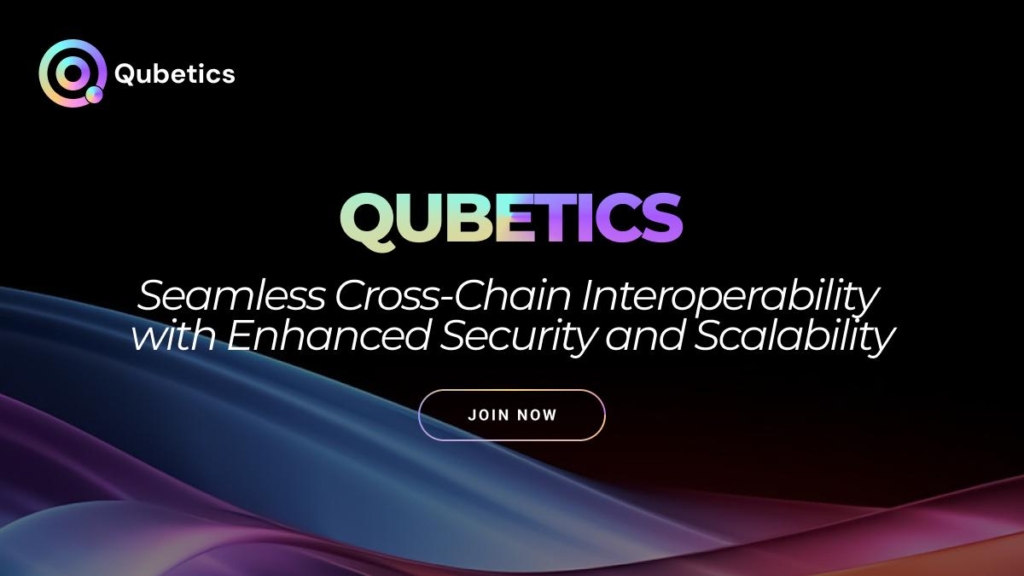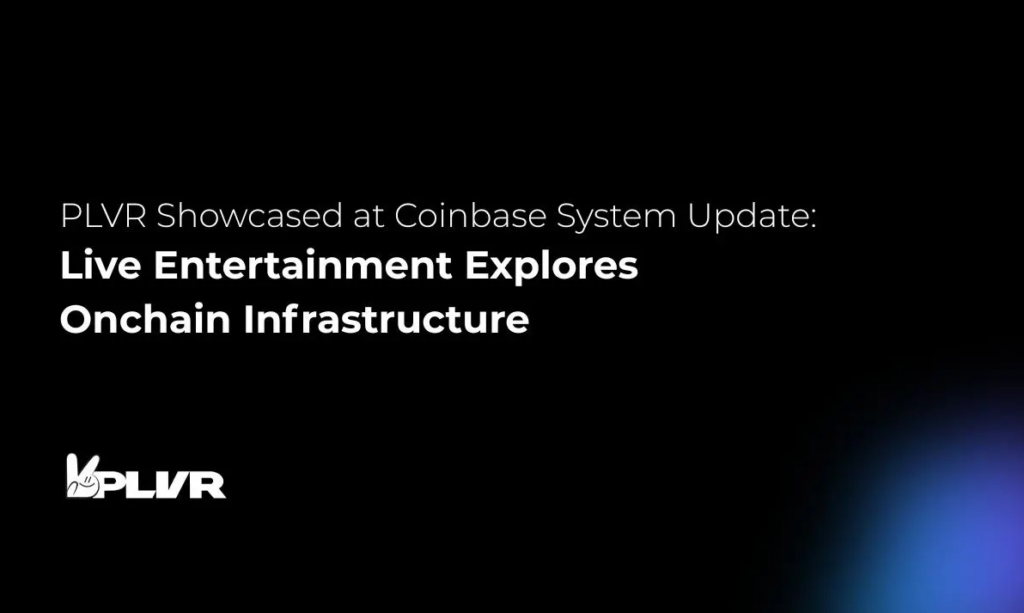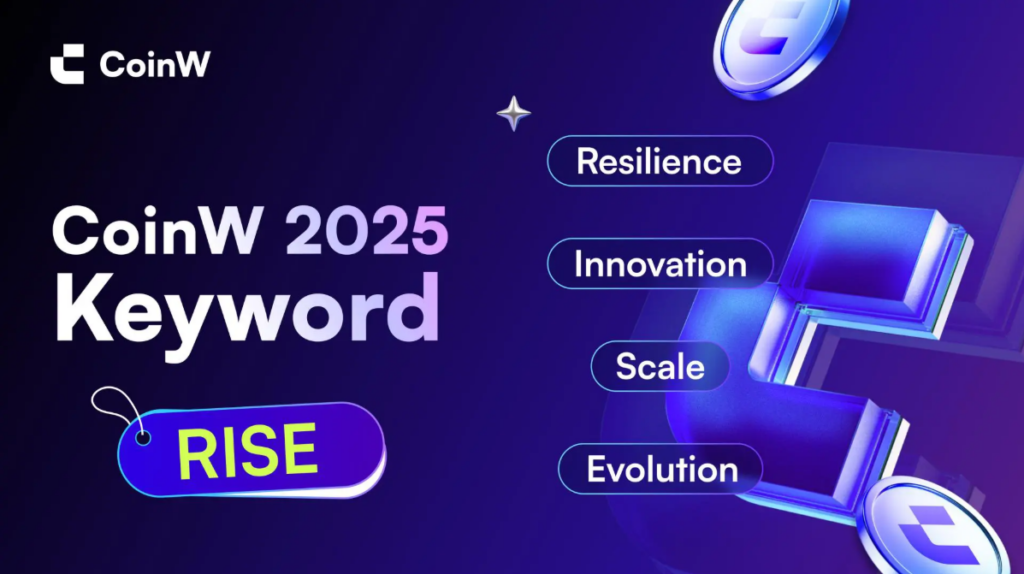Crypto moves fast. One minute, a coin’s flying under the radar; the next, it’s all over Twitter, and people are scrambling to get in before prices skyrocket. But not all projects are built the same. The market is shifting, and top cryptos for massive growth aren’t just about hype—they’re about real-world utility and long-term adoption. The latest moves from Qubetics, Aptos, and Polygon prove they’re playing the long game.
At the center of all this? Qubetics, the world’s first Web3 aggregator. It’s flipping the script on cross-border transactions, making money movement seamless. Meanwhile, Aptos is flexing its muscle in the Layer 1 race, and Polygon keeps solidifying its dominance as Ethereum’s best scaling solution. But which one has the highest upside?
Qubetics ($TICS): Cross-Border Transactions, Redefined
Money should move as fast as information. Yet, cross-border transactions still drag through outdated banking systems, high fees, and endless waiting. Qubetics, the world’s first Web3 aggregator, is here to change that. Built to streamline international payments with blockchain efficiency, it eliminates middlemen and slashes costs. Businesses, freelancers, and everyday users will finally have an alternative to clunky traditional banking.
Imagine a freelancer in Argentina working with a client in the U.S. Right now, they deal with conversion fees, hidden bank charges, and long processing times. With Qubetics, payments are direct, instant, and fair. The same goes for global businesses dealing with suppliers or remote teams. No more delays—just seamless, borderless transactions.
And community members are taking notice. The Qubetics crypto presale is moving fast—it’s now in its 28th stage, with $15.8 million raised, over 506 million $TICS sold, and 24,300+ holders already on board. But here’s the kicker: Qubetics presale stages change every week. Right now, $TICS is just $0.1430, but that price won’t last. Forecasts show $1 (599% ROI), $5 (3,396% ROI), and potentially $10-$15 in the future, one of the top cryptos for massive growth.
What Does That Mean for You?
Let’s say you grab $750 worth of $TICS today at $0.1430. That gets you around 5,244 tokens. If Qubetics hits $1, your $750 turns into $5,244. If it reaches $5, that’s $26,220. And at $10? You’d be sitting on $52,440.
Every week that passes, the presale price edges up—waiting too long could mean paying significantly more for the same tokens. The window to lock in these early-stage gains is closing fast.
Aptos ($APT): The Layer 1 Contender
When people talk about Layer 1 blockchains, Ethereum and Solana steal the spotlight. But Aptos has been quietly building its empire with insane transaction speeds and top-tier security. Designed by ex-Meta engineers, it’s got deep pockets and the tech to back it up. With Aptos gaining traction, Aptos price predictions suggest significant upside as it challenges the dominance of established Layer 1 networks.
Aptos uses the Move programming language, designed for safety and scalability. It boasts over 100,000 transactions per second (TPS), dwarfing Ethereum. But its biggest flex? A vibrant ecosystem. DApps, gaming, and DeFi protocols are flocking to Aptos because it offers what Ethereum struggles with: fast, cheap, and secure transactions.
Since its 2022 launch, Aptos has steadily grown, avoiding the typical boom-and-bust cycle. Its partnerships and developer activity prove it’s not a short-term trend. Aptos is positioning itself as the top cryptos for massive growth, and the market is watching closely.
Polygon ($MATIC): Ethereum’s Scaling Powerhouse
Ethereum congestion? Not a problem when Polygon is in the picture. As the leading Layer 2 solution, Polygon has been Ethereum’s go-to for scaling, delivering lower fees and lightning-fast transactions. And it keeps evolving.
With its zkEVM launch, Polygon now supports zero-knowledge rollups, making Ethereum transactions even cheaper and more private. The biggest brands and DeFi projects—from Nike to Uniswap—are already running on Polygon, proving its value one of the top cryptos for massive growth.
The numbers speak for themselves. Polygon has locked in billions in total value, and its adoption rate keeps climbing. It’s not just an Ethereum sidekick anymore—it’s a crucial part of Web3’s future. If Ethereum is the internet of blockchains, Polygon is the high-speed highway keeping it smooth.
Final Thoughts: Where’s the Biggest Upside?
Aptos is challenging the Layer 1 giants, and Polygon is solidifying its position as Ethereum’s top scaling solution—but Qubetics is taking a different approach. By revolutionizing cross-border transactions, it’s addressing a multi-trillion-dollar challenge. With its presale numbers soaring, it’s clear that community members recognize its potential as one of the top cryptos for massive growth.
$TICS is still early, and history shows that the best gains come before mainstream adoption. With analysts calling for massive price jumps post-presale, now might be the best time to get in before the price leaves the station.
For More Information:
Qubetics: https://qubetics.com
Presale: https://buy.qubetics.com/
Telegram: https://t.me/qubetics
Twitter: https://x.com/qubetics
FAQs
1. What makes Qubetics different from other crypto projects?
Qubetics focuses on cross-border transactions, making international payments faster and cheaper. Unlike traditional systems, it removes intermediaries, reducing costs and delays.
2. Is Aptos better than Ethereum?
Aptos is a strong contender with its fast transactions and Move programming language, but Ethereum’s network effects keep it dominant. Aptos is more of a high-speed alternative than a direct competitor.
3. Why is Polygon important for Ethereum?
Polygon helps scale Ethereum by making transactions cheaper and faster. Its zkEVM technology also improves security and privacy, making it essential for Ethereum’s future.
Disclaimer: Any information written in this press release does not constitute investment advice. Optimisus does not, and will not endorse any information about any company or individual on this page. Readers are encouraged to do their own research and base any actions on their own findings, not on any content written in this press release. Optimisus is and will not be responsible for any damage or loss caused directly or indirectly by the use of any content, product, or service mentioned in this press release.



